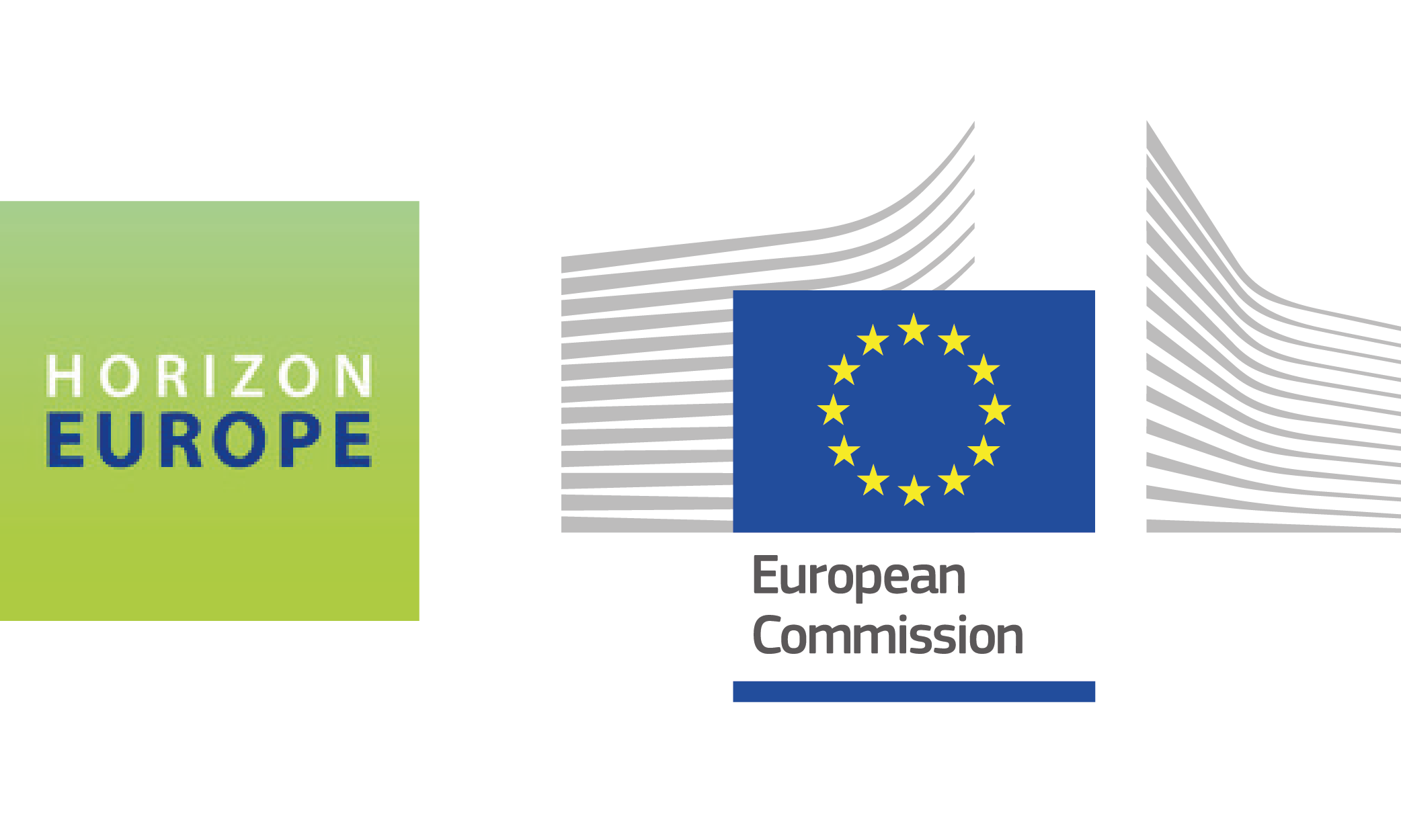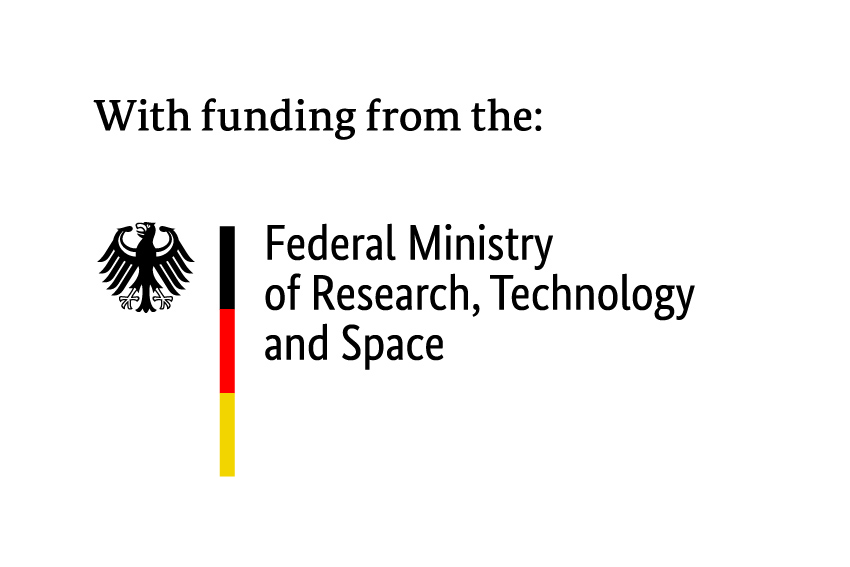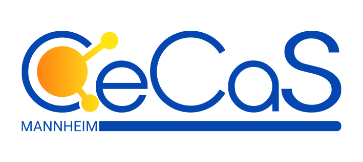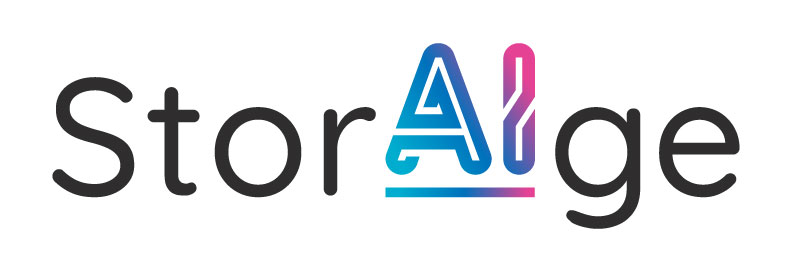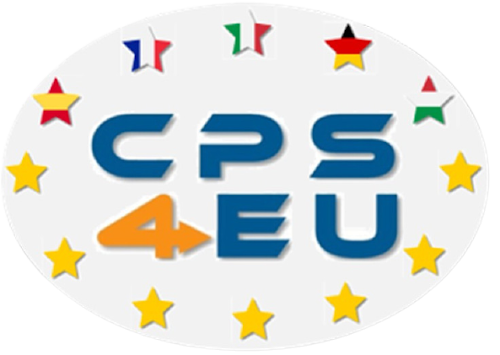Research
Projects
Breaking New Ground Through Research
Research and innovation play a key role in the company culture of emmtrix. In order to master the growing challenges within multicore programming today and in the future, emmtrix continuously develops its software tools with innovative ideas and will participate in future research projects.
Have a look at the European and national research projects emmtrix has been involved so far.
September 2025 – August 2028
Next Generation of edge AI crossing technology fields (NeAIxt)
We are proud to be part of the NeAIxt project, a European consortium of around 60 partners from academia, industry, and SMEs. The project advances next-generation Edge Artificial Intelligence (Edge AI) by combining hardware, software, and system-level innovation across domains such as mobility, healthcare, industry, education, and safety. Its goals include developing AI-capable hardware like advanced MCUs, neuromorphic processors, and memory-centric architectures, while delivering energy-efficient, secure, and reliable Edge AI solutions.
At emmtrix, we contribute by automating code optimizations for novel edge AI accelerators and ensuring that all transformations are validated and correct, supporting NeAIxt’s mission to accelerate Edge AI deployment and reinforce European leadership in microelectronics and AI.
Co-founded by:
May 2023 – April 2026
TwinSpace
emmtrix is member of the TwinSpace consortium. The goal of the project is to make software development for embedded systems more sustainable by optimizing the use of resources. An innovative combination of automated reverse engineering and simulated hardware platform testing facilitates software migration by generating optimal code for each specific hardware.
The emmtrix tools are used to extract representative load profiles from existing software applications and generate code with the same characteristics for execution on digital twins. This enables design space exploration to analyze the expected runtime behavior on different platforms.
December 2022 – November 2025
MANNHEIM-CeCaS – Central Car Server-Supercomputing für Automotive
emmtrix was part of the MANNHEIM-CeCaS project. The project aimed to address the challenges of automotive digitalization through the use of automotive supercomputing platforms. They were based on FinFET technology and featured application-specific accelerators and adaptive software platforms. emmtrix contributed with its expertise in C-code optimization for efficient programming of these novel platforms and static performance estimation with the aim of supporting applications with a high level of functional safety. The three-year project started in 12/2022 and ended in 11/2025. The project had 26 partners, including major automotive companies such as Bosch, Continental and ZF Friedrichshafen, universities such as KIT and TU Munich, research institutes from Fraunhofer and SMEs such as emmtrix and was coordinated by Infineon Technologies.
July 2021 – October 2024
StorAIge – Embedded storage elements on next MCU generation ready for AI on the edge
Within the European research and innovation project “StorAIge – Embedded storage elements on next MCU generation ready for AI on the edge” , emmtrix extended the emmtrix Code Vectorizer (eCV) to support novel accelerators based on near or in memory computing (IMC/NMC) that have been developed and researched in the project. The approach is generalized so that it can be used for AI applications from the project or any other (existing) application that could benefit from acceleration through vectorization.
This project has received funding from the ECSEL Joint Undertaking (JU) under grant agreement No 101007321.
The JU receives support from the European Union’s Horizon 2020 research and innovation programme in France, Belgium, Czech Republic, Germany, Italy, Sweden, Switzerland, Turkey.
June 2020 – December 2023
Qualifiable Software Parallelization for Multicore Avionics Systems
Since June 2020, emmtrix Technologies has been part of a new research project called “Qualifiable Software Parallelization for Multicore Avionics Systems” (QSMA) as part of the German Aviation Research Programme (LUFO VI). Together with AbsInt and the Technical University Clausthal, emmtrix will develop a qualification kit for emmtrix Parallel Studio that allows qualification of the generated parallel C code according to DO-178C. In addition to that, the tools will be further developed to provide the required reporting and tracing capabilities for the development of avionic systems.
January 2020 – Q1 2022
Remote Configuration of Licensable-IP in FPGA Systems
In this 2-year research project from “Zentrale Innovationsprogramm Mittelstand” (ZIM), emmtrix was further improving their support for FPGA based systems. Together with WIBU Systems and the academic partners KIT and FZI, new solutions for securing and licensing of IP cores were developed. The goal of the project was to make the complex workflow of development and deployment of secure accelerators easier for the developers of such systems.
July 2019 – June 2022
European Union’s Horizon 2020 Research & Innovation Project CPS4EU
emmtrix Technologies was part of the European research and innovation project “Cyber Physical Systems for Europe” (CPS4EU). Within the project, the consortium that includes large European companies like Thales, Valeo, Leonardo and Trumpf, wanted to tackle the challenges of designing and programming future cyber physical systems (CPS). emmtrix focused on providing a toolchain that enables easy programming of CPSs starting from model-based design flows. Additionally, emmtrix also worked on defining an architecture description language (ADL) that bridges the gap between the integrated target platforms and the tools to program them.
This project has received funding from the ECSEL Joint Undertaking (JU) under grant agreement No 826276.
The JU receives support from the European Union’s Horizon 2020 research and innovation programme and France, Spain, Hungary, Italy, Germany.
December 2019 – November 2022
EIC Accelerator (former SME instrument) programme
emmtrix benefited from the support of the European Union’s research and innovation programme Horizon 2020 EIC Accelerator. During the project we focused on the automotive market, in particular topics such as performance estimation at early development stages, data dependency analysis, accelerating computation with vector processors, and the safety-qualification of our tools. We very much appreciated the support we ot from a network of experts and our project management at EASME (EU Executive Agency for Small and Medium-Sized Enterprises).
January 2016 – December 2018
EU-Project ARGO
emmtrix contributed to the European research project ARGO (WCET-Aware Parallelization of Model-Based Applications for Heterogeneous Parallel Systems). The goal of ARGO was to develop a toolchain which translates model-based Scilab/Xcos applications into multi-core optimized C code with guaranteed real-time constraints.
November 2011 – March 2015
EU-Project ALMA
Within the framework of the EU project ALMA, Dr.-Ing. Timo Stripf, Michael Rückauer and Oliver Oey from the KIT Institute for Information Processing Technology (ITIV) developed with other scientists and in cooperation with industry partners an innovative programming environment which simplifies parallelization of multicore embedded systems. Based on the software tool developed in ALMA, they decided to start their own company. In 2015, the ALMA technology was commercialized by emmtrix Technology. The innovative interactive parallelization technology creates a parallel application directly from sequential MATLAB™ or Scilab code.
For more information on our research projects use our contact form or get directly in touch.

Rainer Heim


